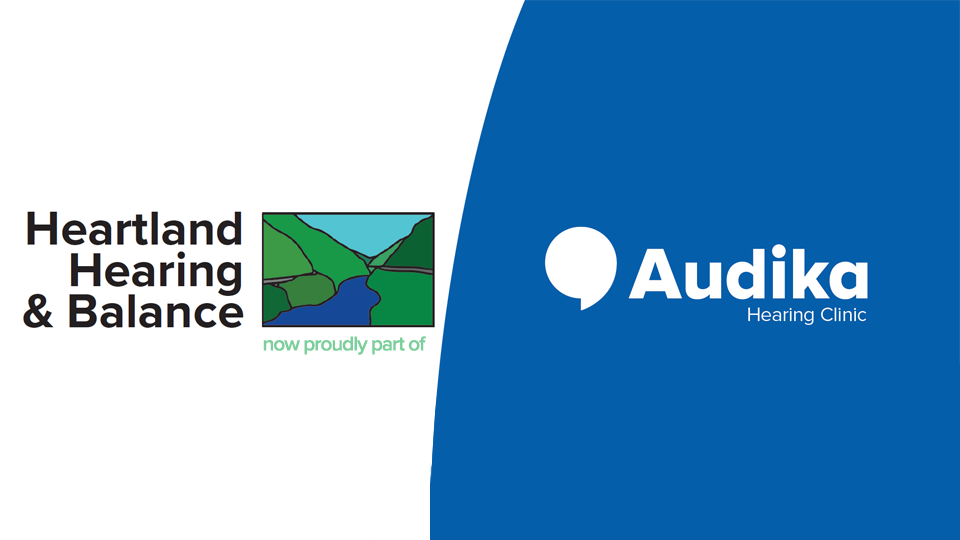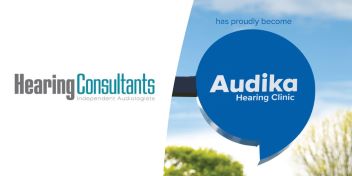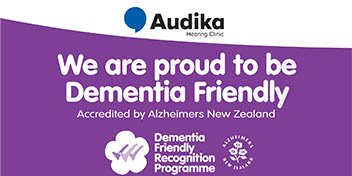When we hear the term noise induced hearing loss, most of us would immediately picture workers on a building site or in a factory using noisy tools or heavy machinery. But cumulation of everyday activities can also contribute to hearing decline, this is a term called recreational noise induced hearing loss.
Getting home after a fun night out with friends at a concert, theatre, or bar you may have noticed your body sending some warning signals that the volume may have been excessive. Tinnitus, a ringing or buzzing in the ears, can be a common sign that the noise was at a dangerous volume. In some cases, you may even notice sounds to be muffled, where the high level of noise may have cause a temporary hearing loss and over extended periods of exposure in some cases may result in a permanent hearing loss.
So, how loud does a noise need to be to cause damage to your ears?
In general, there are two measurable factors. The first is the level of intensity (measured in decibels) and the second is the duration you’re exposed to the sound. As the sound gets louder, the shorter the duration should be to minimise harm to your hearing. In an occupational setting, the health and safety guidelines will stipulate when hearing protection is to be worn once the loudness levels and duration exceed acceptable levels.
There are no such guidelines for recreational activities.
Other examples of recreational activities
A number of our normal daily or weekly recreational activities can be concerning for the health of our ears. For example, music blasting from headphones at full volume for an extended period of time, but there are other activities or an accumulation of activities that we need to be aware of. Such as going to the footy or other sporting events, you may be exposed to sound levels way over what is considered a safe level. Gyms, health studios, bars, clubs and concerts are other places where the music may exceed the acceptable volume. Motorcyclists and motorboat users should also be aware of the volume of their machines.
This does not mean you can’t go out and have fun but it’s important to be aware of noisy activities and consider taking steps to ensure the long-term health of your ears. An easy rule to remember is, if you need to shout to be heard 1 metre away, then you’re likely in a situation where the noise is too loud. If possible, move further away from the speakers, turn your headphones down or ask for the music to be turned down to a comfortable and safe level. Using hearing protection is a great option for many activities, such as foam ear plugs or custom-made ear plugs.
Regular hearing health checks can help you keep on top of your hearing health. If you need assistance with your hearing health, please contact us on 0800 569 152 or Live Chat with an Audika Agent, Monday to Friday 9am to 5pm.





